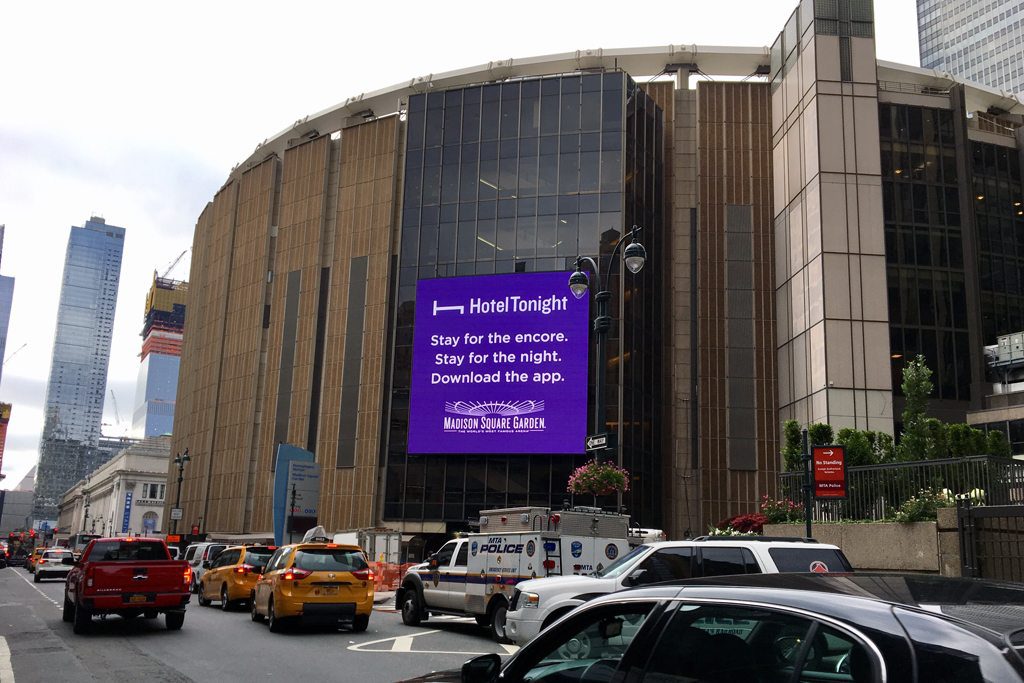HotelTonight Essentially Pivots to Become Hotel Whenever

Skift Take
HotelTonight's pivot into a 100-day booking window is a concession that the last-minute market was too small. Yet the company's swing to profitability is remarkable.
Beginning in October, mobile-only hotel booking site HotelTonight will expand from having a seven-day booking window to a 100-day booking window.
The move puts the San Francisco-based company in more direct competition with the brands owned by the large travel conglomerates that dominate online travel sales in many parts of the world: Expedia Inc., Priceline Group, and Ctrip.
HotelTonight has raised $115 million in funding. This spring, it had a Series E round of $37 million, led by venture capital firm Accel Partners.
In 2015, HotelTonight was losing about $2.5 million a month on revenue of about $33 million, as first reported by The Information.
Since then, the company has become profitable by the measure of earnings before interest, taxes, depreciation, and amortization —a standard industry figure that excludes such things as expenses related to hotel occupancy taxes.
A recurring critique of HotelTonight from scattered industry skeptics is how it can compete against the behemoths of travel. Investors like Coatue Management and Battery Ventures may expect a return on their investment that is a multiple of, say, two to four times their $115 million.
Yet HotelTonight may not be able to grow fast enough to achieve that in the face of competition. The company doesn't disclose earnings but is estimated to have booked about $60 million in revenue last year, an approximate doubling from the previous year.
Sam Shank, HotelTonight’s chief execu

